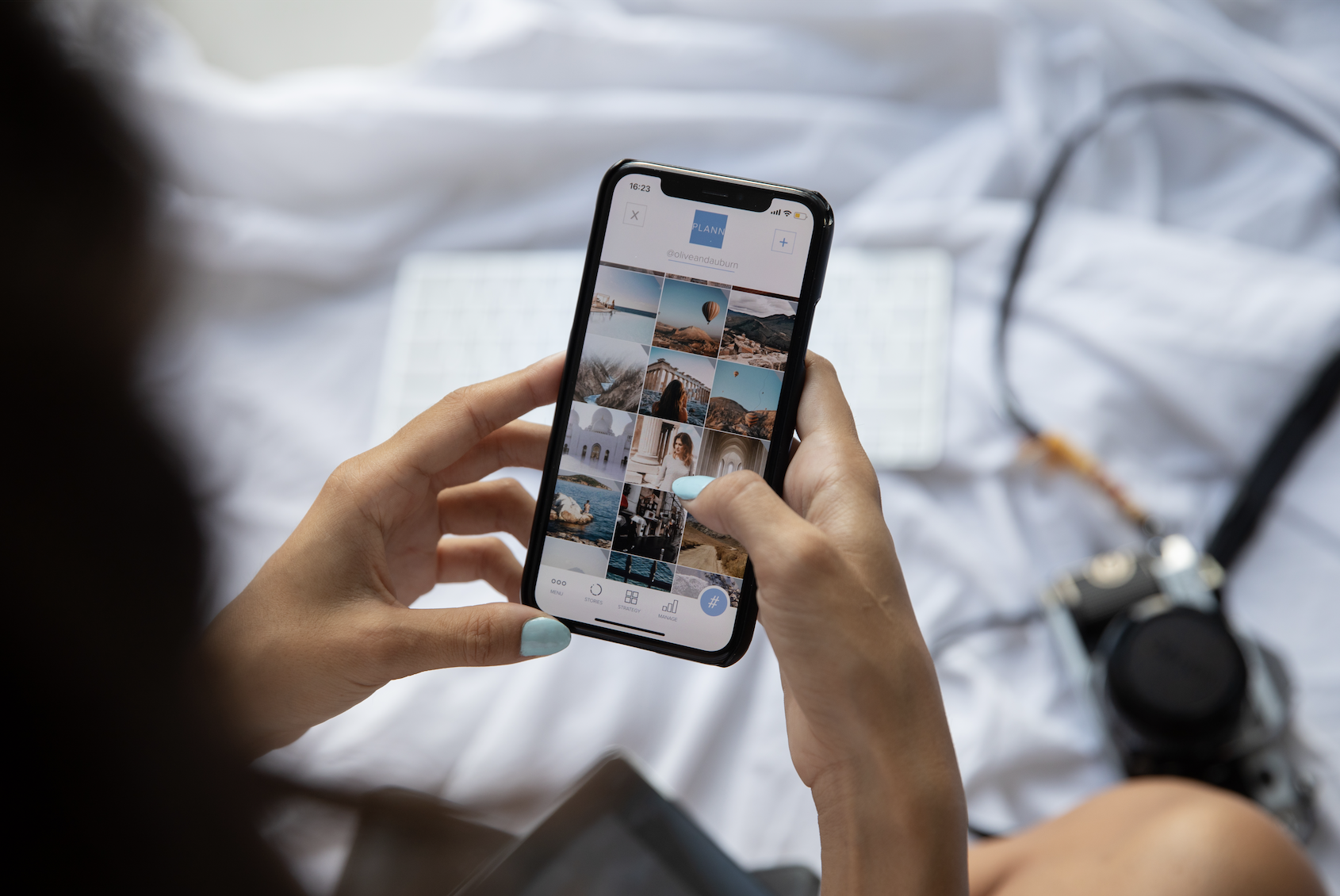Upcoming Trends Shaping Influencer Marketing in 2025 and Beyond

-
categoryInfluencer Marketing
-
authorEmma Coker
-
dateNovember 15th, 2024
The landscape of influencer marketing is ever-evolving. As digital platforms continue to expand, so do the ways brands and creators connect, collaborate, and engage with audiences. Brands and PR teams need to be mindful of new shifts, focusing on creating authentic and meaningful connections in a crowded space. Influencer marketing is shifting, and brands need to understand these changes and adapt to stay in the game.
- Shared values are more important than ever
A major shift in influencer marketing is the emphasis on shared values between creators and brands. In an age where authenticity reigns supreme, more creators are turning down partnerships that don’t align with their personal values. Whether it’s sustainability, body positivity, or social advocacy, influencers are increasingly selective in the brands they endorse. This means that brands need to be intentional and thoughtful in their partner recommendations.
For brands looking to work with creators: Take the time to truly understand your potential partners’ personal brand and ethos. Creators want to collaborate with companies that align with their beliefs and lifestyles, so value alignment should be a non-negotiable factor when building relationships. When done right, these partnerships are more likely to feel authentic, resulting in stronger consumer trust and engagement.
- The rise of long-term partnerships
Long-term partnerships are gaining traction as brands see the value in building deeper relationships with a smaller pool of creators. This approach helps foster a sense of community, enhance brand affinity, and create greater opportunities for ongoing organic content.
Why it works: Long-term collaborations feel more authentic to the audience, as influencers have time to genuinely integrate the brand into their lifestyle. This leads to stronger brand recall and a greater impact on consumer purchasing decisions. Moreover, consistent partnerships offer influencers the creative freedom to produce high-quality content that tells a richer brand story over time.
- Redefining success metrics
In the past, likes and comments were the primary metrics of success for influencer campaigns. But as algorithms shift and platforms evolve, so too does the definition of success. Today, saves, shares, and even content longevity are becoming more relevant indicators of campaign impact.
What to measure now: Shares and saves indicate that audiences find content valuable and want to revisit it later, which is a stronger sign of engagement than a casual like or comment. Moving forward, brands should prioritize these engagement metrics, along with the overall sentiment and relevance of the content.
- Pinterest’s influence is growing
Pinterest is often overlooked in favour of platforms like Instagram and TikTok, but that’s changing. With a rising Gen-Z demographic, the introduction of new partner tools, and advanced trend prediction capabilities, Pinterest is becoming a hub for forward-thinking brands. The platform’s trend reports are based on user searches and pins, offering a glimpse into what’s next in fashion, lifestyle, and beyond.
Why this matters: Pinterest’s ability to anticipate trends gives brands a leg up in understanding what’s resonating with consumers and crafting campaigns that are ahead of the curve. Its cross-platform integrations also open new avenues for creators to repurpose content, amplifying reach and visibility.
- AI is transforming content creation
AI is no longer a buzzword—it’s an integral part of platform strategy. Our favorite platforms are rolling out and evolving their AI tools regularly. From enhancing video production to automating content insights, these tools can help streamline workflows and empower creators to produce more sophisticated content.
How to leverage AI: Brands and creators should explore how AI tools can be used for everything from improving creative processes to boosting productivity. Staying informed on platform updates and new AI capabilities will be crucial for maintaining a competitive edge in the rapidly changing digital landscape.
The future of influencer marketing is rooted in authenticity, long-term connections, and strategic innovation. Brands that focus on shared values, prioritize long-term partnerships, and embrace new platform capabilities will be better positioned to build lasting relationships and drive meaningful engagement with their audiences. As platforms like Pinterest expand their influence and AI tools reshape content creation, staying ahead of trends will be key for successful partnerships as brands look to the future.

